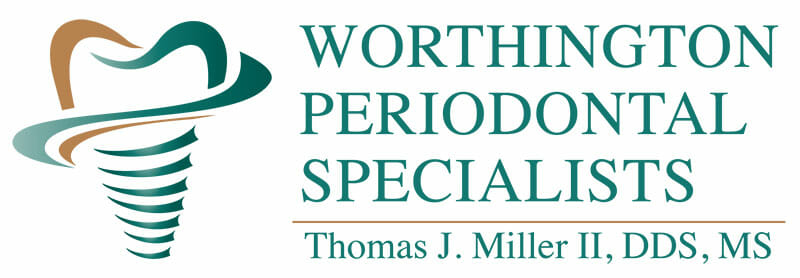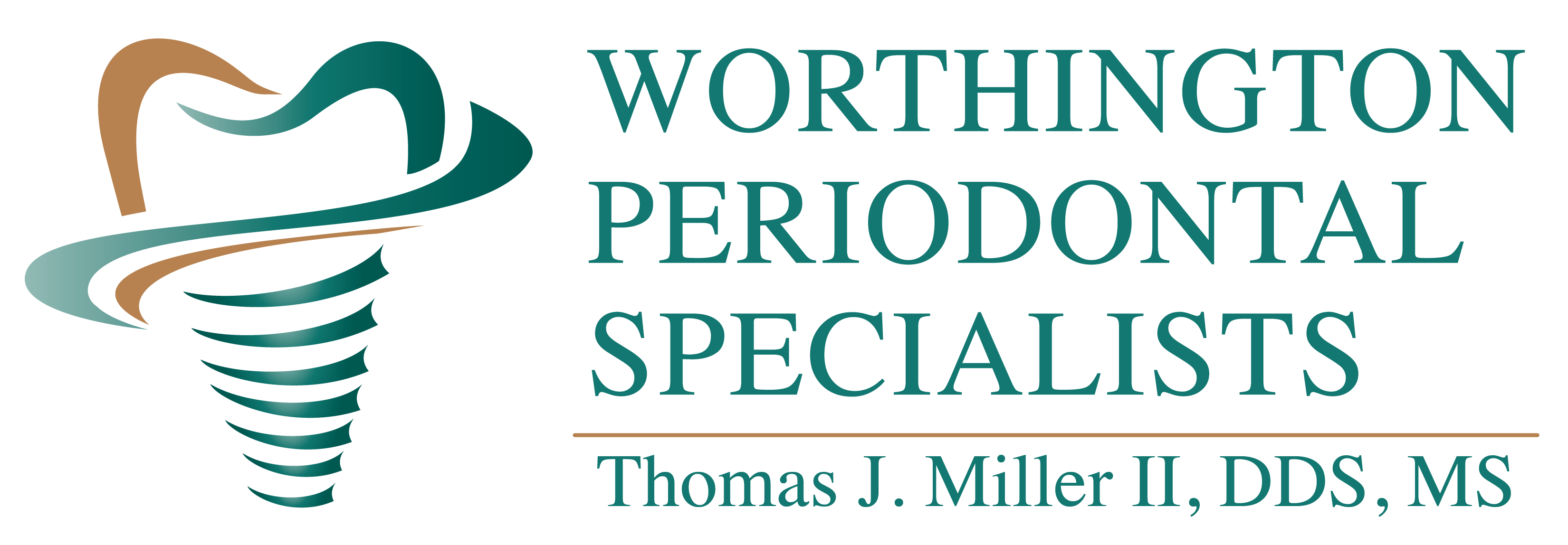Tooth and Bone Loss Worthington, OH
Schedule Your Gum Disease Consultation Today! Appointments
Featured Services
- Bone Grafting
- Bruxism Teeth Grinding
- Chao Pinhole Surgical Technique (PST)
- Dental Implants
- Gingivectomy
- Guided Tissue Regeneration
- Gum Grafting
- Osseous Surgery
- Periodontal Maintenance
- Periodontal Plastic Surgery
- Ridge Augmentation
- Ridge Preservation
- Scaling and Root Planing
- Sedation
- Sinus Lift
- TMJ
- Tooth Extraction
For New Patients
Teeth can be lost for a variety of reasons. Anything from disease, injury, birth defect, to decay can result in teeth being lost or removed.
Things that may occur as a result of tooth loss include:
- Change in Diet
- Difficulty with Speech
- Bone Loss in the Jaw
- Misalignment of the Teeth
- Changing Facial Appearance
Diet
Without properly aligned teeth, an individual might not be able to chew correctly, and the diet could be affected. With missing teeth, or no teeth altogether, chewing becomes very difficult or even impossible. The diet then becomes restricted to soft, easily chewed foods. This kind of diet might not meet the nutrition needs of the body which can cause constipation, weight loss, arthritis, indigestion, and rheumatism.
Teeth are important to meeting the nutritional needs of the body. Without them, the health of the body can be severely impacted. Seeking gum disease treatment from Dr. TJ Miller II can help to keep your diet healthy, providing your body with the proper nutrients that it needs.
Speech
Teeth play a major part in speech. Some letter sounds such as s, z, d, x, n, th, and sh are made with tongue to tooth contact. Without teeth, these sounds are difficult to make and may result in a lisp. Lisping can be an embarrassing condition and may make it hard for you to be understood.
The tongue is also affected by lost teeth. With no teeth to keep it in place, the tongue tends to broaden out and fill in the newly open space. This thickened tongue is harder to control and may also result in difficult to understand speech.
Bone Loss in the Jaw
Teeth do more than just help us chew our food and speak. They actually serve to stimulate the bone in the jaw. Each time you chew, the teeth stimulate the bone. Without this natural stimulation, the alveolar bone, which is the portion of the jaw bone that anchors teeth in the mouth, begins to break down and is resorbed by the body. If there are no longer teeth present that need the jaw bone, the bone deteriorates and disintegrates.
The rate of deterioration varies per person, however, it begins almost immediately after a tooth is lost or removed and continues throughout life. Once deterioration reaches a certain point, dental prosthetics, such as dentures, may no longer be useful if there is not enough bone to support them. A doctor can help to determine if you have suffered any bone loss. If you have experienced bone loss that is too far gone to be addressed with gum disease treatment, your doctor can discuss tooth replacement options during your consultation.
Since gum disease is the primary cause of adult tooth loss, it is imperative to seek treatment from a doctor at the earliest sign of this condition. Schedule your appointment with Dr. TJ Miller II to determine if gum disease treatment is right for you.



Review our office or socialize with us!